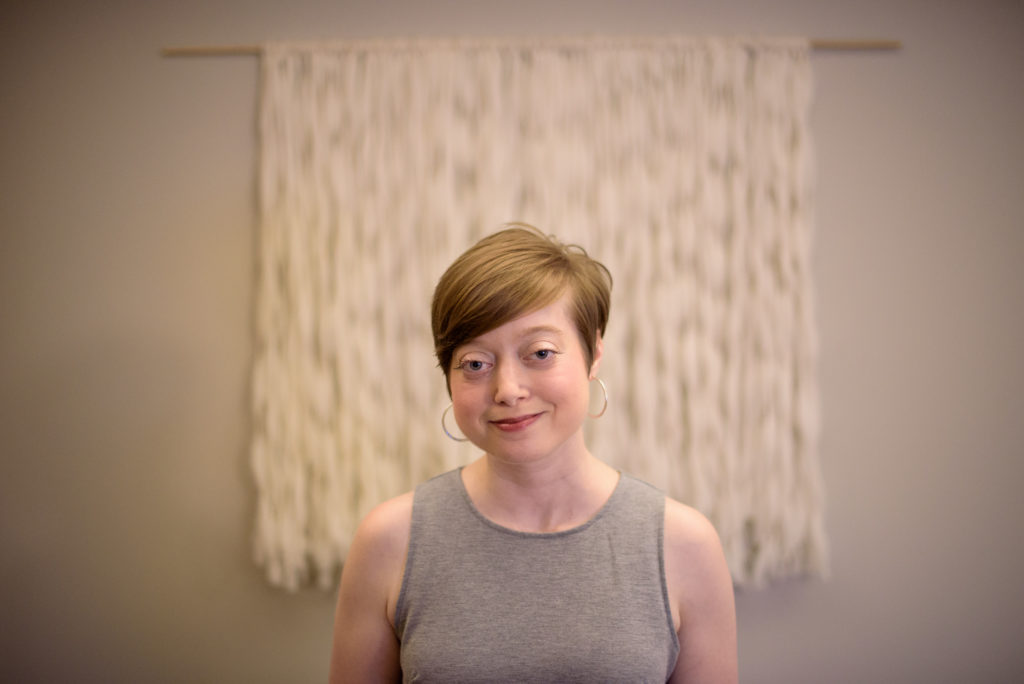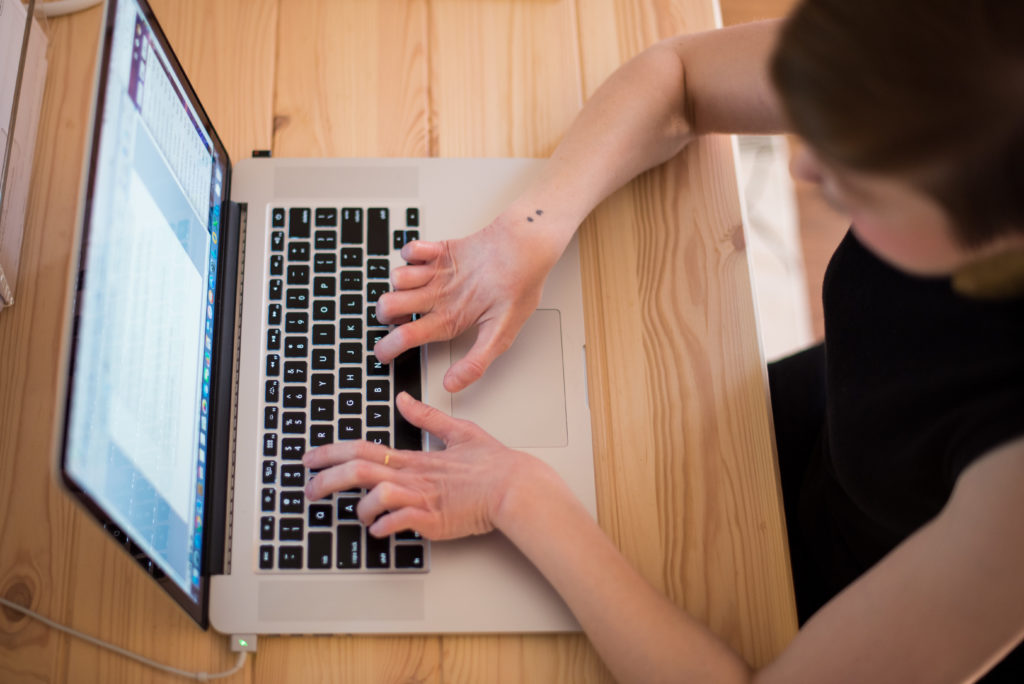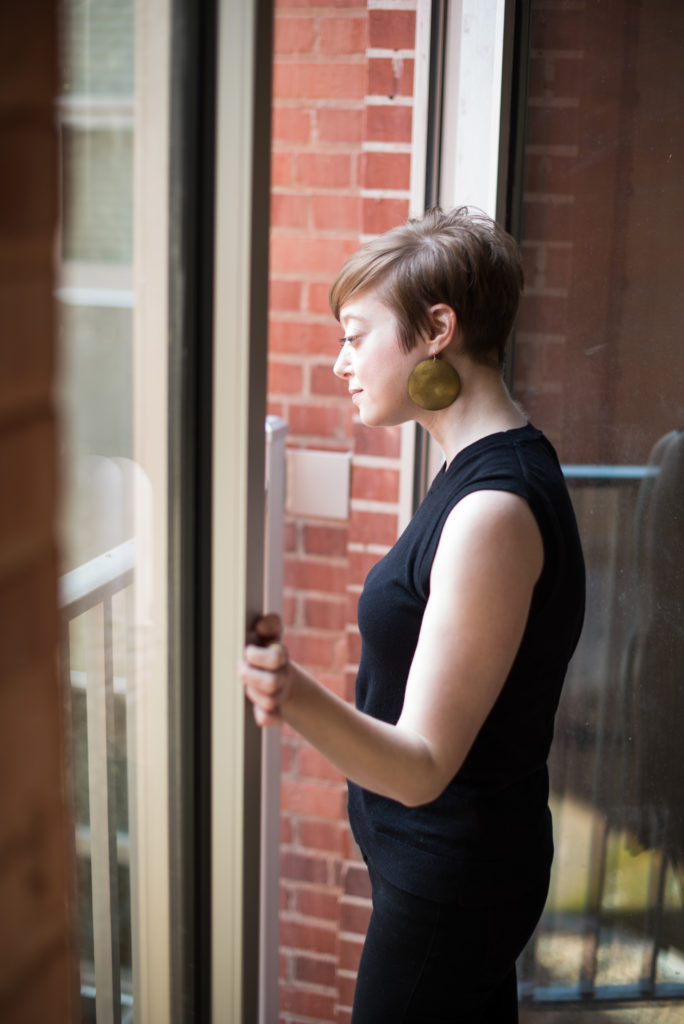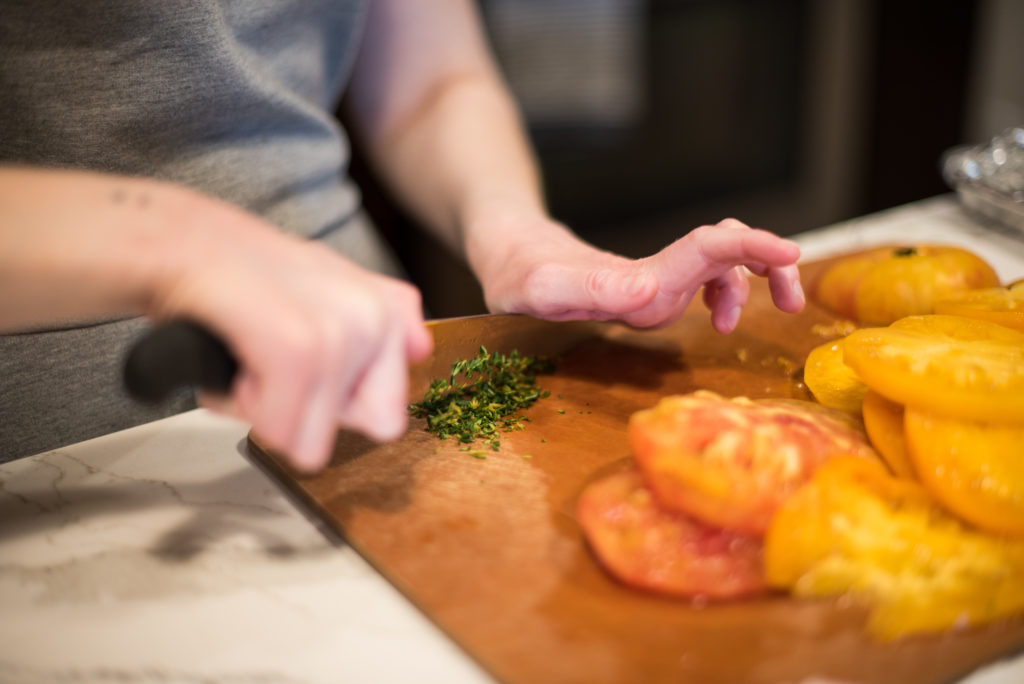 Last year, at the beginning of CMT Awareness Month, I wrote about changes in my life — with my Charcot-Marie-Tooth disease, with my routines, with my career. This year, as CMT Awareness Month comes again, I’m in the midst of more — and more unexpected — changes.
Last year, at the beginning of CMT Awareness Month, I wrote about changes in my life — with my Charcot-Marie-Tooth disease, with my routines, with my career. This year, as CMT Awareness Month comes again, I’m in the midst of more — and more unexpected — changes.
My new personal care assistant just left for the day, and the last thing she said is still sitting here with me.
“It’s been a really long, really hard day,” she said. “It was so nice to end it with you.”
Somewhere in there, in a way I can’t quite remember and so (always a journalist) can’t directly quote, she called me “positive” — not, if I’m honest, a word always associated with me. At least not lately.
A few months ago, very quietly, finally, at the end of a Tuesday-night dinner, the relationship in which I’d been — loudly, messily, happily, strangely — ended.
It was not what I’d planned.
Of course, after living with Charcot-Marie-Tooth disease for 16 years, I know a few things about the unexpected. I know about change, and disappointment, and loss. Last year, fully unable to flex my ankles, I lost driving — that was a big loss. New finger contractures meant I lost changing the bed sheets, too, and zipping back-of-the-dress zippers.
 Now, more ordinarily, I’ve lost my partner.
Now, more ordinarily, I’ve lost my partner.
I have rare problems. I have common problems, too.
In six weeks, I found a new apartment, formulated a new plan, or at least a rough draft of one, for it: new bookcase, new bed, new desk, new throw pillows (too many new throw pillows, really). Everything slipped into place.
That was the easy part.
Harder was finding a way to make up for what had been my everyday. Like most couples, my ex-partner and I had our own routine; the needs my disability required were built in. During nearly three years, we adapted together — I didn’t really have to request much, and if I did, it was already known, anticipated, accepted.
The first week in my new apartment, I did things I’ve since hired someone to do. I mopped. I vacuumed. I made the bed. “Do I need someone to do these things?” I asked myself. “Am I just being lazy?”
I fell doing each of the tasks — twice when I lost my balance walking backward with a wet Swiffer; once during vacuuming when I caught the toe of my high top, which with CMT always hits the ground before my heel, on the bedroom carpet; twice again on the carpet while bending over to make the bed, a stumbling process that’s more accurately an artful arrangement of sheet beneath duvet as I can no longer make my hands flat to tuck in a flat sheet.
 I do, after all, need help. And now, I do, after all, have to not only ask but also describe the specifics, the whats and whens, the hows and whys, of what I need.
I do, after all, need help. And now, I do, after all, have to not only ask but also describe the specifics, the whats and whens, the hows and whys, of what I need.
This is, admittedly, daunting. I have quirks and ways; I’m learning I don’t have to apologize for them. I can assure you: The people you know are actually wondrous. When I reached out to people I hadn’t before — couplehood is very insular — I suddenly, unexpectedly, found myself with a wide, willing network.
Through it I found my personal care assistant and an agency through which I can enlist additional assistance when I need it plus support navigating insurance coverage. I found Uber drivers who offered to move me from here to there off duty, acquaintances ready to pick up groceries or help with heavy lifting. I found my best friend is, actually, the second sister I always believed her to be. I found my parents are, 35 years in, still parents — they ask about my days and listen, encourage me, include me.
The hardest parts of life, now, are the unremarkable parts — sleeping, eating, sitting on the sofa. The things I do alone, again, newly, in the quiet.
I have only normal attempts at adjustment to this — self-care, nutritious food, new routines. Every other day, I do a chair-based workout (more difficult and more energizing than one might suspect). I cook most of my own meals and eat each one at my high white counter without my phone or a book, challenging myself to chew mindfully, to savor. On Sunday mornings, I put on a new or favorite podcast while I browse recipes and meal plan for the week ahead. I’ve started to schedule one outing every week that’s not an errand or a doctor appointment — a dinner or an art event or a movie or just a wander through Target, sometimes with a companion but mostly, essentially, by myself.
These are not new things. They feel new. I feel new to myself again, after all this time, remembering things I did before, things I like that require just an impulse and, most of the time, just my own two hands (such as they are).
 Some days my hands work. Some days they don’t. Some days, I still think I might, at 5:30, hear the key in the front-door lock, but then it’s always just me, here, alone.
Some days my hands work. Some days they don’t. Some days, I still think I might, at 5:30, hear the key in the front-door lock, but then it’s always just me, here, alone.
This is not what I planned.
But I’m still here.
I don’t know, yet, what life will be now, what I will be. But today, in the moment before that discovery, there’s reason to believe things might be OK.
I might be OK.
I might be, after the longest, hardest day, positive. Hopeful. Happy.
Maybe today. Maybe, in a little while, again.
Lindsey Baker is the digital marketing manager for MDA’s National Office. She lives and works in Omaha, Neb.
Help kids and adults like Lindsey continue to live longer and grow stronger.
